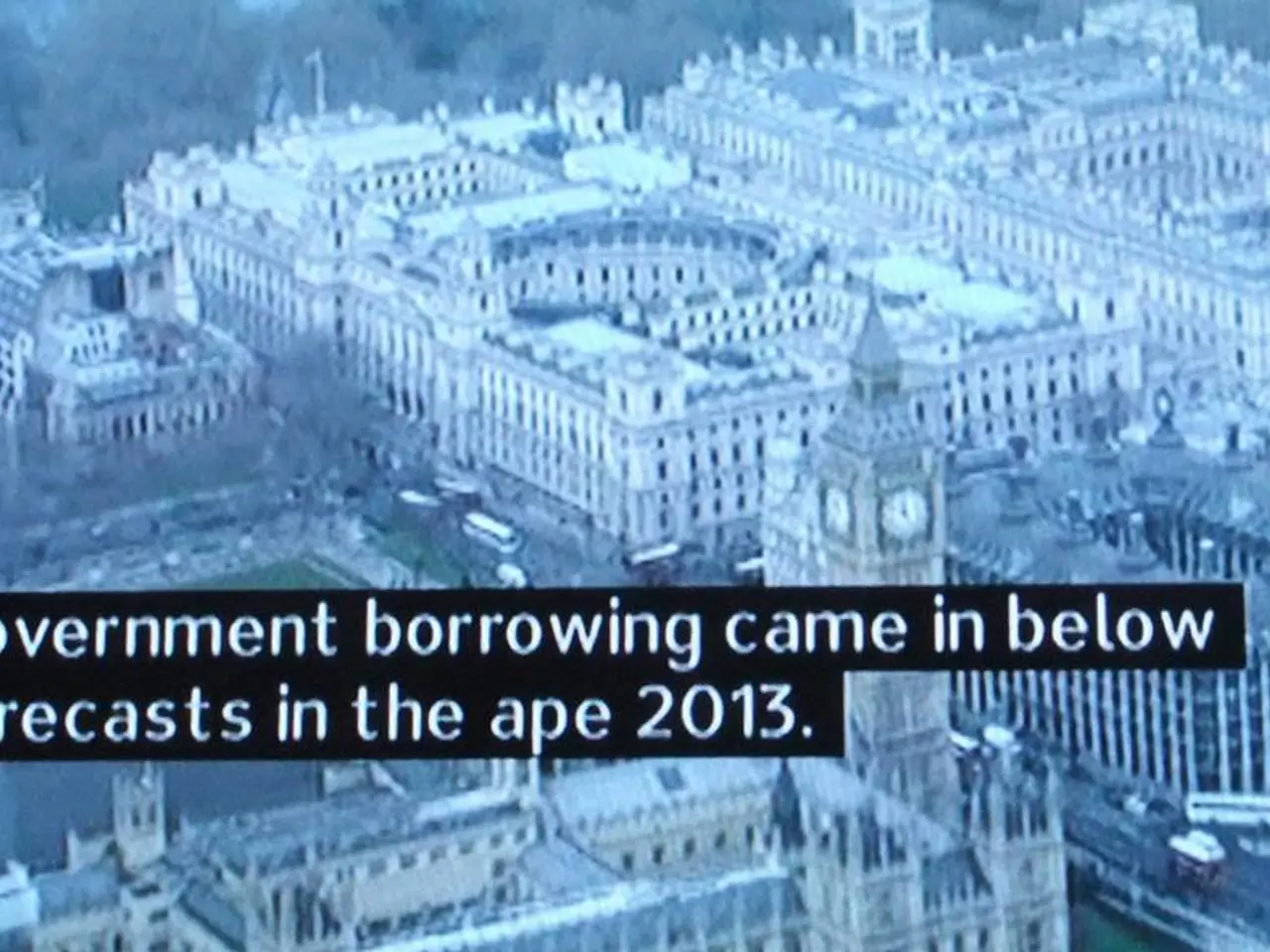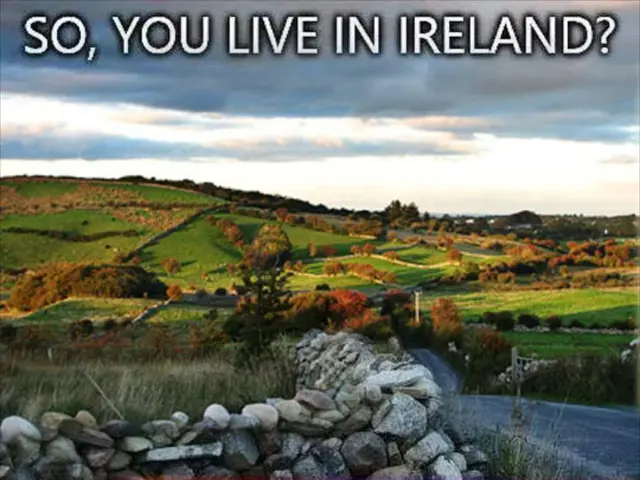U.S. Administration Opposes Construction of New Settlements in the Western Bank region
Israel's plans to build over 3,400 housing units in the E1 area of the West Bank have drawn widespread criticism from the international community, with many viewing it as a serious threat to the viability of a two-state solution and a violation of international law.
Key points include:
- The United Nations Secretary-General António Guterres condemned the approval, stating it constitutes a violation of international law and UN resolutions, and that it threatens to sever the northern and southern West Bank, damaging territorial contiguity essential for a Palestinian state.
- British Prime Minister Keir Starmer and French President Emmanuel Macron have linked recognition of an independent Palestinian state at the upcoming UN General Assembly to Israeli actions, implicitly including settlement expansion, indicating rising diplomatic pressure on Israel.
- The UN and multiple human rights organizations highlight the planned construction as a major obstacle to peace, restricting Palestinian movement and undermining Palestinian territorial integrity.
The construction plans, if implemented, would effectively divide the West Bank into a northern and a southern part. This development is viewed as an existential threat to the two-state solution because it would physically split the West Bank and impede Palestinian territorial contiguity.
Israel’s Defense Ministry and Higher Planning Committee approved the plans in August 2025, accelerating construction plans despite international and local objections, and moving forward rapidly with the E1 development, which has been decades in debate.
The German government has joined the chorus of criticism, with the spokesperson for the Foreign Ministry stating that it rejects any annexation plans by the Israeli government and will only recognize border changes from June 4, 1967 that have been agreed upon by the conflict parties. The German government has also rejected Israel's plans to build thousands of new housing units in the West Bank, specifically the E1 area.
According to international law, the settlements in these areas are illegal. The German government's stance could potentially impact future negotiations and recognition of border changes in these areas. The development of the E1 area could potentially make a Palestinian state recognition more contentious.
The German government is not alone in its opposition to the construction. The International Court of Justice has also criticized the plans, and the Israeli Finance Minister Bezalel Smotrich has threatened to annex the West Bank if a Palestinian state is recognized next month. With more than 700,000 settlers living among around three million Palestinians in the West Bank and East Jerusalem, the situation remains tense and volatile.
References: [1] The Times of Israel, "Israeli minister: Annex West Bank if Palestinian state recognized," August 2025. [2] The Guardian, "Israeli plan to build 3,400 homes in West Bank sparks international condemnation," August 2025. [3] United Nations Office for the Coordination of Humanitarian Affairs, "Israeli settlement construction in the E1 area: A threat to peace and human rights," August 2025.
Read also:
- Weekly happenings in the German Federal Parliament (Bundestag)
- Southwest region's most popular posts, accompanied by an inquiry:
- Discussion between Putin and Trump in Alaska could potentially overshadow Ukraine's concerns
- Massive 8.8 earthquake hits off the coast of Russia's Kamchatka Peninsula, prompting Japan to issue a tsunami alert.







